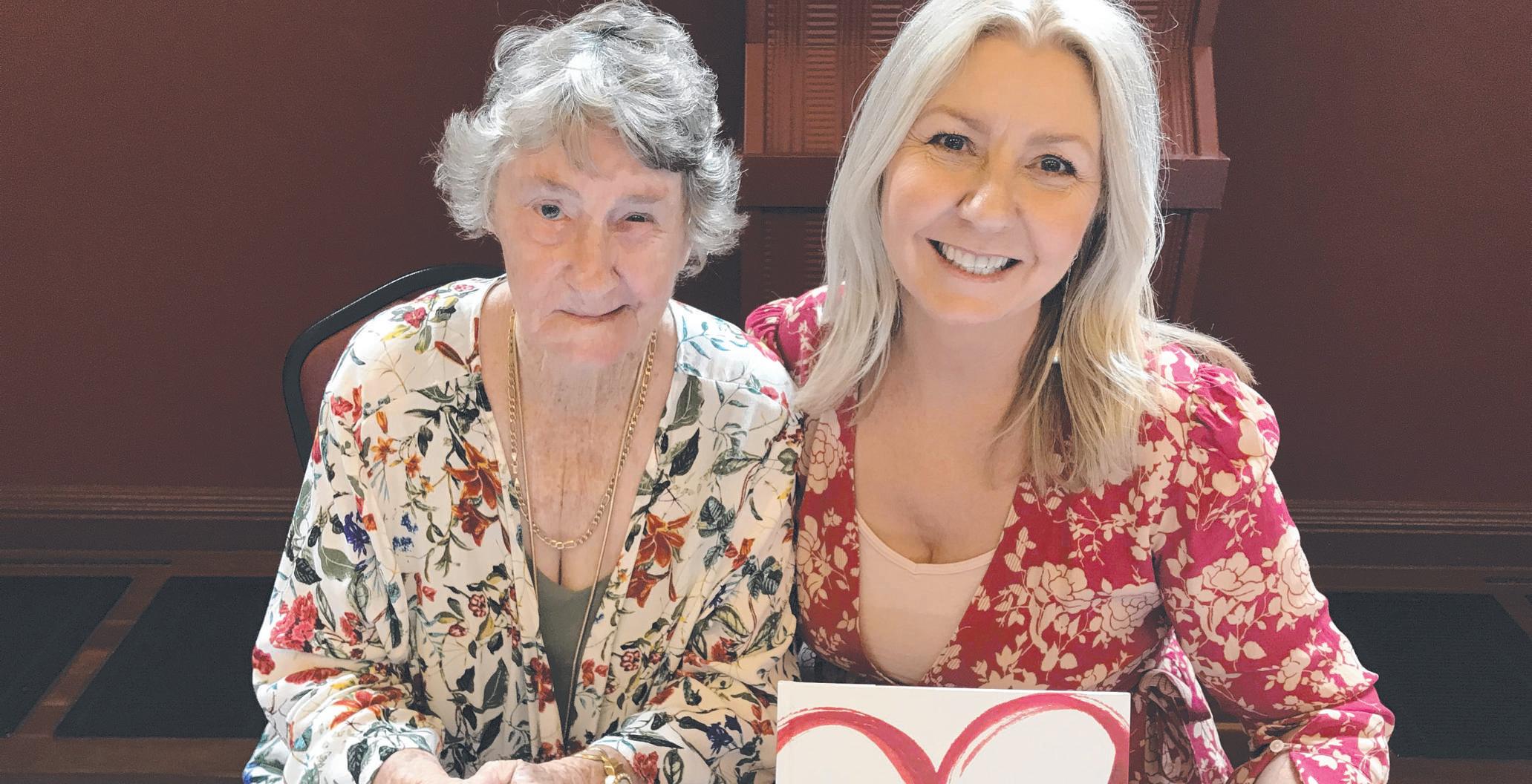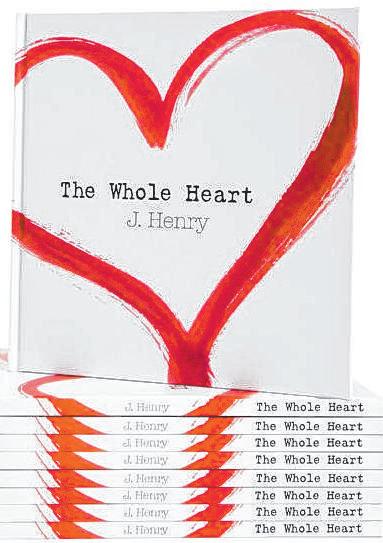
5 minute read
Living
SENIORS \\MARCH, 2020 Give web fraudsters the flick
CYBERSECURITY is a real threat to everyone, from millennials who are afflicted with ‘‘optimism bias’’, through to seniors who lack general cybersecurity knowledge.
Advertisement
According to the ACCC, scammers cost Australians half a billion dollars in 2018, via various schemes including internet-enabled theft, fraud, and exploitation, so it is important for those who didn’t grow up with technology to protect themselves from some of the most common types of online fraud.
Nick FitzGerald, senior research fellow at ESET, said: “Optimism bias, loneliness, and deteriorating cognitive abilities are key leverage points that scammers use to target their victims. By understanding the potential risks and identifying the signs, those who grew up without technology can better protect themselves in 2020.”
Cybersecurity experts at ESET have outlined some tips to keep all internet users, including seniors, safe from common types of online scams.
1. Be sceptical Never assume that a stranger online is a trustworthy person. Always consider the possibility that any unexpected message may be a scam attempt, noting anything unusual about the message or sender. Additionally, caution should still be exercised if the message comes (or seems to come) from someone well known via email, instant messaging apps or social media. If in doubt, throw it out. 2. Don’t click It’s important to never automatically assume that any material received out of the blue is authentic, no matter how official it looks. One of the most pervasive online cons, phishing, usually begins with an unsolicited email or social media message in which the fraudster impersonates a trusted entity using social engineering techniques, and attempts to persuade the victim to hand over sensitive data, such as credit card details or login credentials. 3. Say no to ‘freebies’ Fraudsters have also been known to send emails congratulating people on their “win’’ in a lottery or sweepstake that they never entered, or as the apparent only remaining relative of a y wealthy person who is genuinely deceased. Asking for personal details, requesting small payments and instilling a sense of urgency are all signs of a scam.
4. Never wire money to strangers
Some $60.5 million was lost by Australians in 2018 to dating and romance fraud. Victims are tricked into
STAY ALERT: Scammers could be lurking behind your next email, so be aware of the signs and never give out your personal details. Picture: Contributed
sending money or personal information to a false admirer, making lonely seniors particularly susceptible.
5. Hang up Tech support fraud is a common technique where the con artist advises potential victims that their computers have been compromised by malware. Never give remote access to a device unless you called a help desk directly, even if the caller claims to represent a reputable vendor or your ISP.

TheForum ForYour Two Cents
Join our exclusive online community, where you’ll find other seniors ready to socialise and share. Seniors online - connecting you to an exciting retirement.
Opening Doors to the Seniors Lifestyle
Like us on Facebook! Visit facebook.com/seniorsnews

FAMILY AFFAIR: Author Jacqueline Henry with her mother, Agnes Hough, at the launch of Ms Henry's book, The Whole Heart.
Author tackles grief with a story all about hearts

Melissa Seiler
WHEN author Jacqueline Henry first told a friend she had an idea to write a book about grief, she was met with a little scepticism. “She said, ‘Oh, that sounds a bit dark’– which is why you shouldn’t tell people your ideas!’,” Mhs Henry said.
“But it’s not. For me it’s about accepting grief, and grief is the price of love.’’
The Whole Heart tells the endearing tale of a little girl who has lost her grandfather, and seeks help from a man at a repair shop to “fix’’ her heart.
That moment of bravery unfolds into a journey exploring the very nature of the human heart, and its different meanings to people riding the rollercoaster of emotions that are grief and heartbreak – and the wish to feel “whole’’ again.
Queenslander Ms Henry had spent the best part of 25 years working to realise her long-held dream of being an author. After originally completing a degree in sociology, she started writing articles and stories in the 1980s, turning her attention to children’s picture books and junior school readers when she had her three sons in the 1990s. “I got rejection letter after rejection letter, and that’s when I thought, I’m taking myself back to uni,” she said. A postgraduate Diploma in Journalism led to a job writing for a community newspaper – where her determination grew stronger.
“Everyone I met was doing something amazing … they were artists, or releasing their first book or album, or they were 80 and running for the environment,” Ms Henry said.
“I thought, well what am I doing? So I started writing.” The light-bulb moment for The Whole Heart came on a seemingly ordinary journey four years ago.
“My son and I play this game ‘what trade is that truck?’,” Ms Henry recalled. “I was driving along and I was behind this truck. It was old and it had the extension cords, a generator and power tools, things dangling off it … and I was thinking, I bet this is an old guy, I bet he could fix anything except a broken heart.
“By the time I’d reached my destination, I had the whole concept in my head.” As for the very personal subject of grief, Ms Henry said it was something she by no means claimed to be an expert on.
“When you tell people you’re writing a book about grief, they tell you their story. My observation is, everybody experiences it so differently.
“I know people say they’re afraid of making others cry – but I don’t think you can. If you bring up someone they’ve lost and then they cry, it’s because they’re remembering them. It’s a complicated thing.
“You can lose someone in different ways – they could move away, they could leave you, they could die, they could get dementia. As someone said to me the other day, they could be there, but they’re not the person you’ve spent your whole life with.”
Launching the book recently, surrounded by family and friends, Ms Henry thanked her now grown-up sons Tom, Will and Harry Husson, and her mother, Agnes Hough, 85, for their “love and light” during the long journey to publication. But perhaps the biggest fan of her book is her threeyear-old granddaughter.
“Over Christmas, I read it to her every day, and she loves it. She points to the new heart and says, ‘That’s my heart, Ma, I love that heart’.
“When I wrote the book, my dream for it was that someone might hold it against their heart and it might give them a little bit of comfort, thinking ‘Yes, I would rather remember’.” The book is available for purchase at thewholeheart .com.au.




